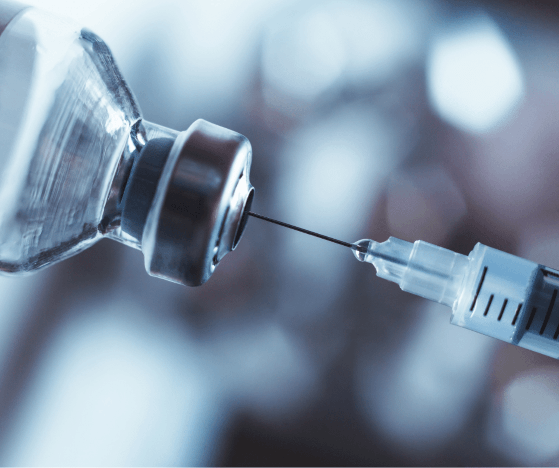Executive Summary
The Client was one of the world’s largest vaccine companies.
The Client was importing vaccines into the USA for further processing, filling into syringes, labelling, packing and warehouse storage prior to the U.S. Food and Drug Administration (FDA) annual strain change approval. The Center for Biologics Evaluation and Research (CBER) and the FDA were insisting that the Client complied with two different import processes, which resulted in up to 30 days of production delays. These delays were impacting sales into the U.S. market, due to late release of products following the annual strain change approval.

The Solution
The Results
Further to presentations and detailed discussions, the following statements were issued:
- CBER stated ‘For the 2019-2020 Influenza Vaccine Import Requests, we are no longer requesting that importers submit FDA Form 766’.
- The FDA stated ‘They did not object to shipments travelling to the consignee under bond for commencement of the activities described in the Import Request accepted by CBER’.
Client Testimonial
‘This is fantastic news and will have a dramatic effect on our throughput compared to the previous couple of years. Well done for driving the request for improvement in this process’.
Global Head of Manufacturing and Operations


